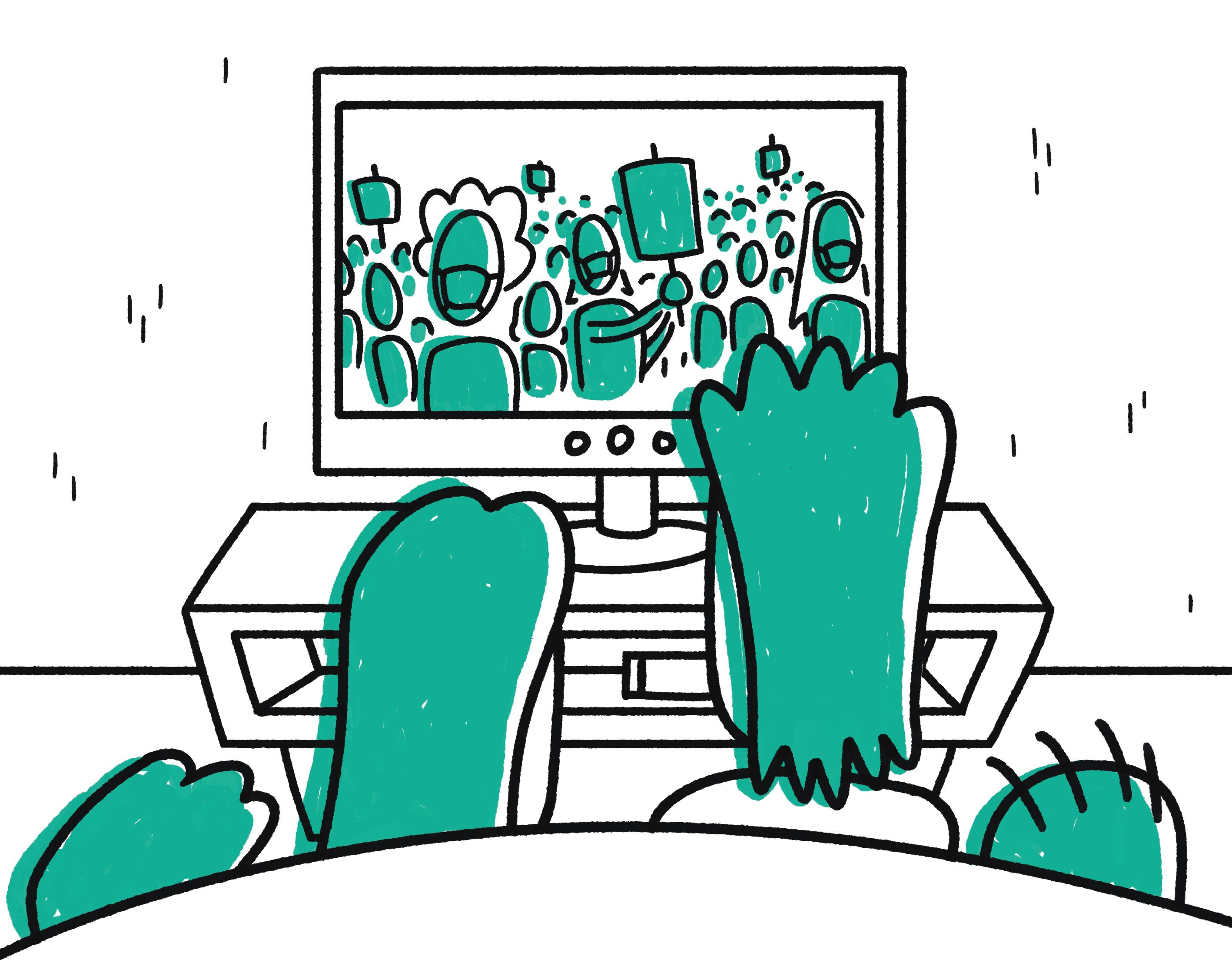
3 minute read
A Wave Of Change
by Yak Media
Shelby Hutchinson looks at the BLM protests and their wider effects on society.
The death of George Floyd ignited a flame amongst millions and saw the resurgence of the Black Lives Matter (BLM) movement. Although this flame has lingered for many years, millions have decided to take a stand against the mistreatment, abuse, and blatant racism which leads to these deaths across the globe.
Advertisement
The Newcastle protests against indigenous deaths in custody, organised by FISTT (Fighting in Solidarity Towards Treaties), gave Indigenous peoples, and people of colour or from diverse backgrounds, the platform to demand change and propose action to prevent more Indigenous deaths, and to receive justice for the deaths of those in the custody of the police.
It was the kind of event where you had to be there to truly feel the power and impact of the impassioned cries for justice and an end to institutionalised racism. It was raw, with personal stories being recounted from Indigenous Australians who have experienced police brutality or knew someone who did.
There were calls to change government policies in Australia which have long oppressed Indigenous Australians, such as abolishing offensive language laws and amending the Law Enforcements (Powers and Responsibilities) Act, and demands to reopen the inquests into over 400 deaths in custody, to arrest, charge and sentence police and correctional officers involved in the deaths. But, at the heart of the protest was the demand for justice and closure for the families, so the souls of those who died in custody can finally find peace.
The recent BLM protests have also had a ripple effect, with large corporations taking a stand in solidarity with the BLM movement by renaming, or removing, products with racist connotations or affiliations. The Nestle brand has finally announced the renaming of ‘Redskins’, a derogatory term to describe Native Americans, and ‘Chico’s’, a derogatory term for Latin Americans. Both of these lolly brands have had direct racist affiliations, with ‘Redskins’ previous wrapper designed with a Native American man in the traditional headdress.
Companies such as Netflix have responded by removing a variety of movies and TV shows which present racist stereotypes. ‘Comedian’ Chris Lilley, for example, has had the majority of his problematic TV series removed from Netflix’s platform, including the vastly popular ‘Summer Heights High’ and ‘Angry Boys’, due to his use of black-face and offensive portrayals of non-white characters. Netflix later made a statement on Twitter saying, ‘When we say “Black Lives Matter”, we also mean “Black Storytelling matters”. Removing this kind of entertainment reinforces the idea that there is no place for offensive humour at the expense of people of colour.
Socially, there has been a shift in the way people approach taboo topics such as racism, but, no one can hide behind ignorance anymore, leaving little to no excuses for this inequity to continue. There is emphasis on educating oneself on the prevalence of racism throughout history, evident in Australia’s history of the Stolen Generation, and the brutal oppression experienced by people of colour, all over the world. Action is being taken in workplaces and within family and friend groups to call out racism, whether it’s criticising the use of racial slurs, offensive jokes, or casual racism. These conversations, while uncomfortable and oftentimes exhausting, are necessary for encouraging empathy and unity.
A critical debate has also been held based on the existence of ‘white privilege’, a term used to describe privileges afforded to white people, such as not being deterred from their rights based on the colour of their skin. The recognition of these privileges, whether it is of your own or someone else’s, proves the long-standing prejudices which have existed against people of colour, which have been ingrained into powerful minds and systems, and which still exist today.
The fight for justice has taken place on many fronts; but the fight is not over. We must continue to protest and reprimand the injustices; for people of colour, for indigenous deaths in custody, for George Floyd.
Enough is enough.
Silence is violence.
Black Lives Matter.

Designs by Daisy Peachman





